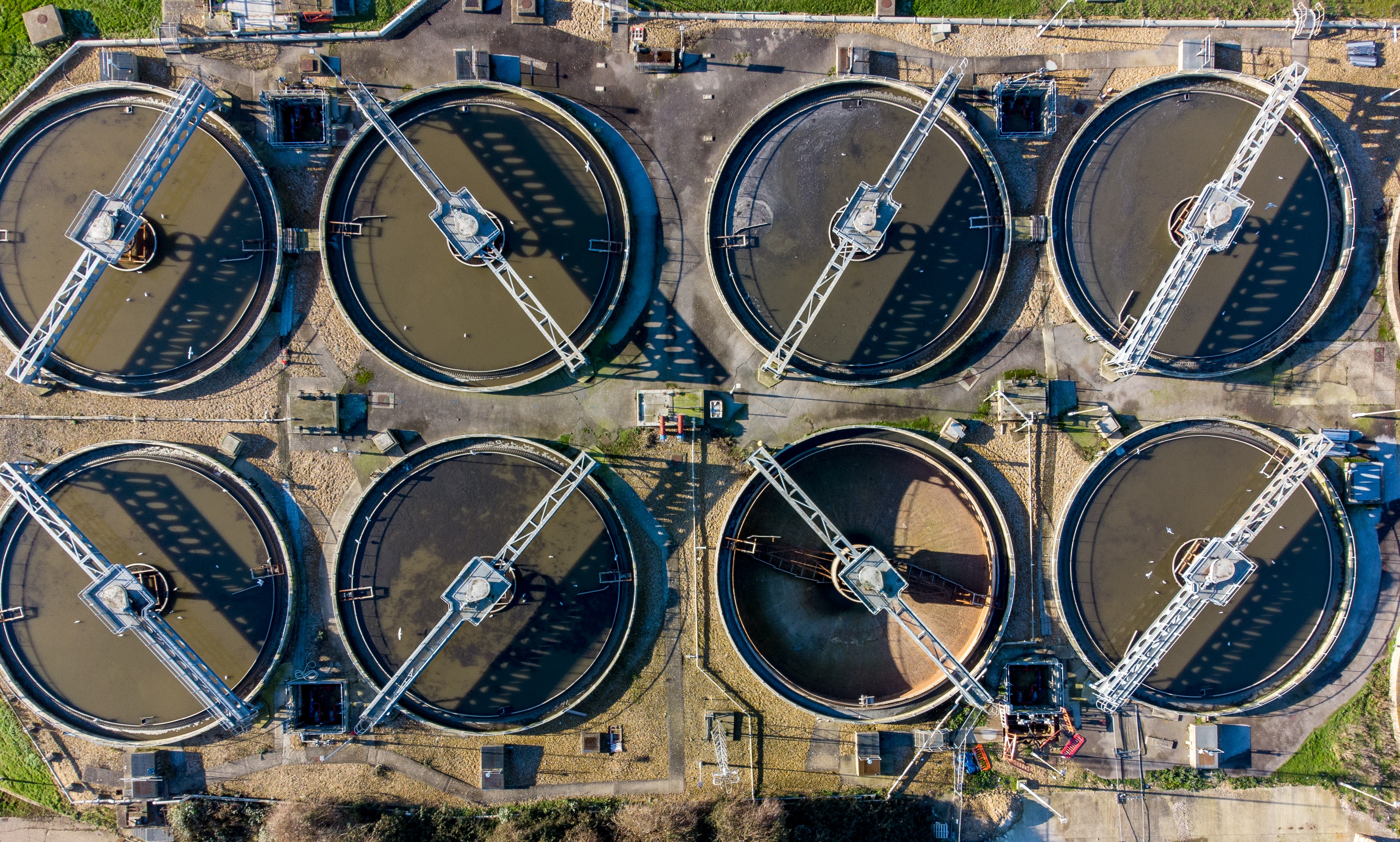Wastewater management is a critical aspect of modern society, ensuring that our communities remain healthy and our environment is protected. The effective treatment and disposal of wastewater are essential for preventing pollution, preserving water resources, and safeguarding public health. In recent years, technology has played a significant role in revolutionizing wastewater management, making it more efficient, sustainable, and environmentally friendly. This article will explore how technology is driving improvements in wastewater management.
1. Advanced Monitoring and Sensing Systems
One of the key advancements in wastewater management is the development of advanced monitoring and sensing systems. These systems use various sensors and data collection tools to continuously monitor the quality and flow of wastewater in real-time. This data allows wastewater treatment plants to make immediate adjustments to their processes, optimizing treatment efficiency and ensuring compliance with environmental regulations.
2. Internet of Things (IoT) Applications
The Internet of Things (IoT) has made it possible to connect various components of wastewater management systems, including sensors, pumps, valves, and control systems, through a network. This connectivity enables remote monitoring and control, allowing operators to manage wastewater treatment processes more effectively and respond to issues promptly. IoT applications can also predict maintenance needs, reducing equipment downtime.
3. Artificial Intelligence (AI) and Machine Learning
AI and machine learning technologies are being used to analyze large datasets from wastewater treatment plants. These technologies can identify patterns, predict system failures, and optimize treatment processes. By continuously learning from data, AI-driven systems can make real-time adjustments to improve treatment efficiency, reduce energy consumption, and minimize chemical usage.
4. Smart Water Grids
Similar to smart electrical grids, smart water grids use technology to monitor and manage water distribution and wastewater collection networks. These systems help utilities identify leaks, optimize water flow, and reduce energy consumption in pumping stations. By using sensors and automated control systems, smart water grids can significantly improve the efficiency of wastewater collection.
5. Energy Recovery
Wastewater treatment is an energy-intensive process, but technology is helping to offset these energy costs. For example, anaerobic digesters can convert organic matter in wastewater into biogas, which can be used to generate electricity. Additionally, advanced treatment technologies can capture and reuse energy from wastewater, making the process more sustainable and cost-effective.
6. Enhanced Treatment Technologies
Technology has led to the development of more efficient and environmentally friendly treatment technologies. Membrane bioreactors (MBRs), for example, use membranes to separate solids from water more effectively, resulting in higher-quality treated water. Additionally, ozone and ultraviolet (UV) disinfection systems offer safer alternatives to traditional chlorine-based disinfection methods. Even the equipment used within the process, such as blowers for secondary sedimentation, are now state of the art.
7. Water Reuse and Recycling
Advanced treatment technologies have made it possible to treat wastewater to a high standard, allowing it to be safely reused for non-potable purposes such as irrigation, industrial processes, and even toilet flushing. This reduces the demand for freshwater resources and minimizes the environmental impact of wastewater discharge.
8. Environmental Sustainability
Perhaps one of the most significant impacts of technology on wastewater management is its contribution to environmental sustainability. By optimizing treatment processes, reducing energy consumption, and minimizing the environmental footprint, technology is helping to protect ecosystems and preserve water resources for future generations.
In conclusion, technology is playing a pivotal role in improving wastewater management by enhancing efficiency, sustainability, and environmental protection. These advancements not only benefit the environment but also contribute to the overall well-being of our communities by ensuring access to clean water and reducing the impact of wastewater on ecosystems. As technology continues to advance, it holds the promise of even greater innovations in wastewater management, furthering our commitment to responsible environmental stewardship.







